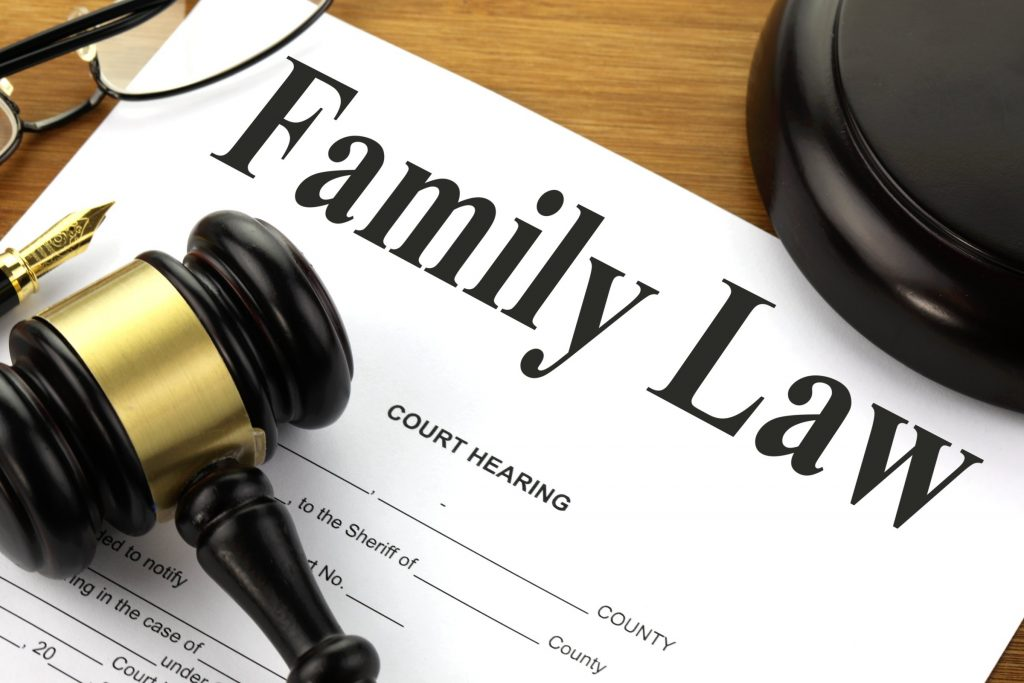Navigating the complexities of foreclosure can be daunting. As homeowners, when faced with the threat of losing our homes, we often feel overwhelmed by the legal jargon and proceedings. In such times, seeking the help of a foreclosure defense attorney becomes crucial. A skilled foreclosure defense lawyer can help safeguard our home and rights by providing the necessary legal guidance and representation.
Understanding how legal professionals approach foreclosure defense can transform our defensive strategies. We emphasize the importance of having experts by our side who evaluate the legitimacy of the lender’s claims and ensure all legal procedures were correctly followed. Through meticulous work, our lawyers protect our interests, providing a lifeline during uncertain times.
Legal defense should not be taken lightly. Our focus is on building a formidable case that aligns with our situations, supported by experienced professionals who understand the intricacies of foreclosure law. With a proactive approach, we can explore options like loan modifications, mediation, or even filing counterclaims. Together, let’s ensure we’re fully prepared to face these challenges head-on. learn more about foreclosure defense lawyer
Understanding Foreclosure Defense
Foreclosure defense is crucial for homeowners facing the threat of losing their home. We delve into the foreclosure process, explore legal defenses, and highlight the vital role a foreclosure defense attorney plays in protecting a homeowner’s interest.
The Foreclosure Process
Foreclosure is a legal process used by lenders to recover the balance of a loan when a borrower fails to make timely payments. Typically, this begins with a notice of default. In states like Florida, a judicial foreclosure is required, meaning the lender must file a lawsuit to obtain a court order.
The homeowner will receive a complaint and has a limited time to respond. If no resolution is reached, the court may issue a judgment leading to a foreclosure sale, where the property is sold to satisfy the mortgage. Understanding each step—notice of default, court proceedings, and foreclosure sale—can help homeowners better navigate this challenging situation.
Legal Defenses Against Foreclosure
There are several defenses homeowners can use to challenge foreclosure. Common legal strategies may include proving fraud or mistake in the mortgage agreement, which can invalidate the proceedings. Another possibility is filing for Chapter 13 bankruptcy, which may halt the process through an automatic stay, allowing homeowners to reorganize their debt.
Using the Servicemembers Civil Relief Act, active duty service members can also seek a temporary halt to foreclosure actions. Homeowners may explore options such as loan modification, deed-in-lieu of foreclosure, or loss mitigation strategies offered by lenders, possibly preventing the foreclosure altogether.
The Role of a Defense Attorney
A foreclosure defense attorney is instrumental in crafting a strategy to protect homeowners’ rights. We often begin with a consultation, identifying potential defenses and advising on the best course of action. In areas like Miami-Dade County, understanding specific local laws and Florida law becomes critical.
The attorney will represent the homeowner in court, filing necessary motions and building a strong case. Whether negotiating with lenders for a favorable settlement or pushing for dismissal of the case, our legal expertise focuses on achieving the best outcome for the homeowner, safeguarding their financial future and investment.
Options Outside of Court
Exploring foreclosure defense, we must consider options beyond litigation. Homeowners seek solutions through direct negotiation with lenders or by pursuing alternative routes to resolve mortgage challenges effectively.
Alternatives to Foreclosure
We can explore various alternatives to prevent foreclosure, safeguarding homeowners’ investments. One common approach is a short sale, where we sell the property for less than the owed mortgage balance. This requires lender approval but can alleviate financial burdens.
Loan modification is another key strategy. It involves adjusting mortgage terms to make payments more manageable, such as reducing the interest rate or extending the loan term. These modifications often help homeowners keep their homes while maintaining more affordable payments.
We also consider repayment plans, which allow us to catch up on missed mortgage payments over an agreed period, while maintaining current payments. Engaging in loss mitigation negotiations with lenders opens additional pathways to address financial difficulties without resorting to foreclosure.
Working With Lenders
Active engagement with lenders is crucial when exploring foreclosure alternatives. We often negotiate directly with lenders to secure favorable terms. Loan modifications may include interest rate reductions or principal forbearance, making mortgage payments more sustainable.
We might propose repayment plans to systematically deal with arrears without overwhelming financial strain. Transparent communication is essential, and legal representation aids in facilitating effective negotiations.
In some situations, fees and penalties can be addressed in negotiations to provide relief. We focus on creating agreements that balance lenders’ needs with homeowners’ ability to pay, achieving mutually beneficial outcomes without resorting to bankruptcy or foreclosure. By being proactive in these engagements, we have a better chance of reaching satisfactory resolutions.











